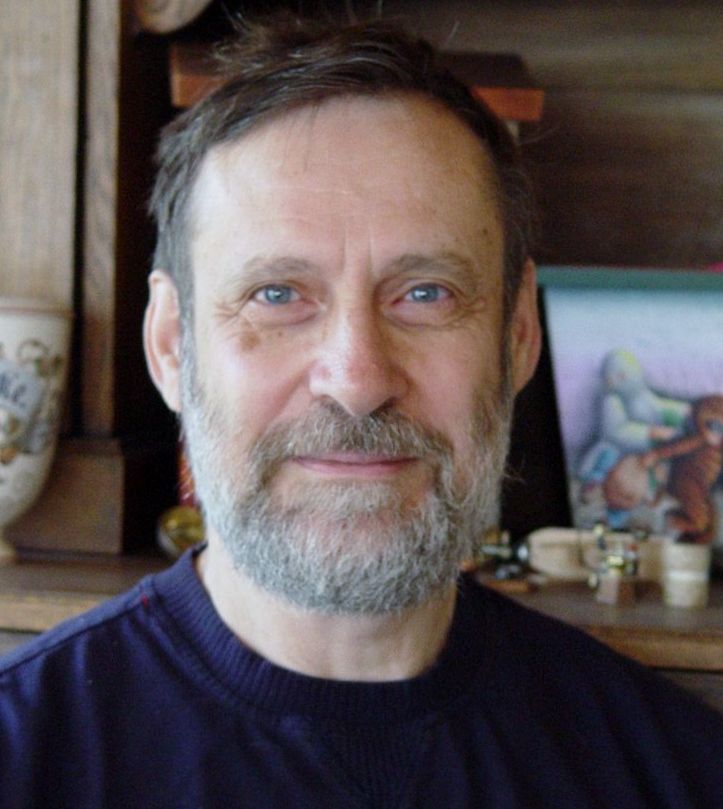Biography
Overview of interests
Dr. Maler’s group conducts basic neuroscience research in two areas using a weekly electric fish model system: experimental and computational analyses of feature extraction by low level sensory systems and experimental and computational analyses of the role of active sensing in spatial learning.
In all senses (audition, olfaction, somatosensation, vision) low level processing is modulated by higher level brain regions so as to optimally extract ethologically important features while suppressing noise and redundant input. They have been able to establish core principles by which these processes take place in the electrosense and it now appears that these principles will generalize to the usual mammalian senses.
Dr. Maler has been asked (and accepted) to be a review editor for eNeuro, a new neuroscience journal for the Society of Neuroscience. He has also presented his research at several international venues, most recently in Germany at a meeting of the Bernstein conference. He is heavily engaged teaching in the graduate and undergraduate neuroscience program as well as in the Centre for Neural Dynamics. Dr. Maler also runs a CIHR funded group that does basic neuroscience research.
Scientific breakthroughs / impact
Some of Dr. Maler’s many significant publications in the last year include: Clarke, S., Naud, R., Longtin, A. and Maler, L. (2013) Speed-invariant encoding of looming object distance requires power law spike rate adaptation. PNAS 110: 13624–13629.
This paper directly connected a cellular property (adaptation of neuronal discharge) to a perceptual property – estimating distance from an approaching object independent of the speed of its approach. Dr. Maler was able to not only show this experimentally, but was able to mathematically prove that the unique adaptation law was the only one that could result in such speed invariance.
Teaching accomplishments / awards
Enrolment in the undergraduate course Dr. Maler directs and teaches (BIO/CMM 435) now exceeds 100 students and continues to increase. The course is now also taught in French to a growing number of students and the French and English versions are completely coordinated so as to have identical examinations.
